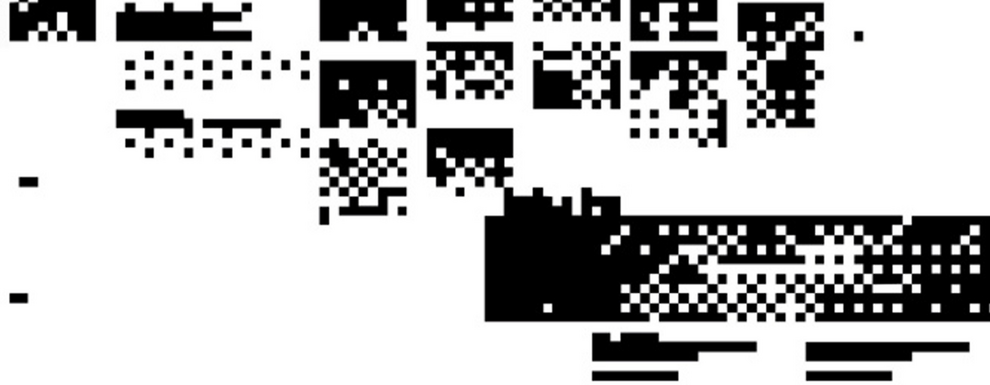In search of a Sustainable International Order and Viable Regional Orders

The international system is in transition, as demonstrated by the wide-ranging terminology currently used to describe it (unpredictability and uncertainty, disorder and chaos, surprises and muddled strategy, an unintelligible world). The same is true for the geometry of the world: is it bipolar, unipolar, multipolar or non-polar?
The international system is multi-layered in terms of strategy, each layer a set of regional equations, each with its own long-term objectives (particularly when it features a religious dimension, as in the Middle East).
This realisation that the global geopolitical system was in a state of flux struck long before the U.S. presidential elections. Did American voters seal the fate of the Pax Americana which assisted the spread of globalisation and the rise of emerging economies, foremost among them China?
One thing we can all agree on for starters is that (Western) power is relative. This is due to the emergence of states promoting purely Westphalian policies, and to the greater role civil society (public opinions, NGOs, businesses) now plays in international relations.
The increased number of regional conflicts (75 at the latest count by the International Crisis Group in 2017) highlights the limited impact of diplomatic and military interventions conducted by international powers and organisations. There is hope that new regional powers will bring about stability and establish regional orders, but the conflicts overlap to such a degree and the civil wars are so internationalised (Africa, Middle East) that even regional powers are unable to impose their solutions.
There are three ways to establish order: peace through balance of power, peace through empire, and peace through the rule of law.
The first method refers back to Metternich and the Concert of Europe. Is an Eastern Concert (Iran, Saudi Arabia, Turkey, Israel) imaginable if the United States really does disengage for a long period? “Peace through a balance of power is complicated by the fact that it is generally a global balance of power that rests on imbalances, each with its own dynamics, making it difficult to come to a global division or agreement” (Pierre Hassner): divergent interests and mutual antagonism are obstacles to a concert of regional and more global powers.
Peace through force, based on Bismarckian Realpolitik, comes up against the resilience of armed political and ideological movements (from Congo to Syria and Yemen to Afghanistan, the “graveyard of empires”) and resurgent nationalism in a “neo-national” world.
Peace through the rule of law is undermined by circumventions of the rules (disregard for borders, breaches of the law of war) and waning multilateralism, at a time when the power of individual states is declining. Every international system features one “high-tension relationship” (Arnold Wolfers), and the number of tense relationships has risen in 2017. The actors who are involved on several fronts appear unwilling to compromise, even though this is the basis of any viable agreement.
During this international seminar we shall first examine the theoretical underpinnings of the international and regional order, old and new, and analyse the major international actors (Europe, Middle East, Asia, Africa and Latin America) before asking ourselves: Where should we begin?
One of the hypotheses that seminar participants will need to debate is whether it is necessary first to construct regional arrangements in high-tension areas before rebuilding – in order to rebuild – an international order that is not on the agenda in terms of peace and security, according to the French political scientist Pierre Hassner.
- Find out all the videos of the international seminar
Introduction
Date de réalisation : 16 Juin 2017
Durée du programme : 19 min
Niveau : Tous publics
Langue : Français
Collections : Chaire de Géopolitique appliquée
Conditions d’utilisation / Copyright : ©FMSH-2017
Vidéo réalisée par FMSH-Production

Futurs de l'écriture

Heritage Cosmopolitics in the Hindu Kush Himalaya region by Zahra Hussain

Jacques Louis David, la traite négrière et l'esclavage


